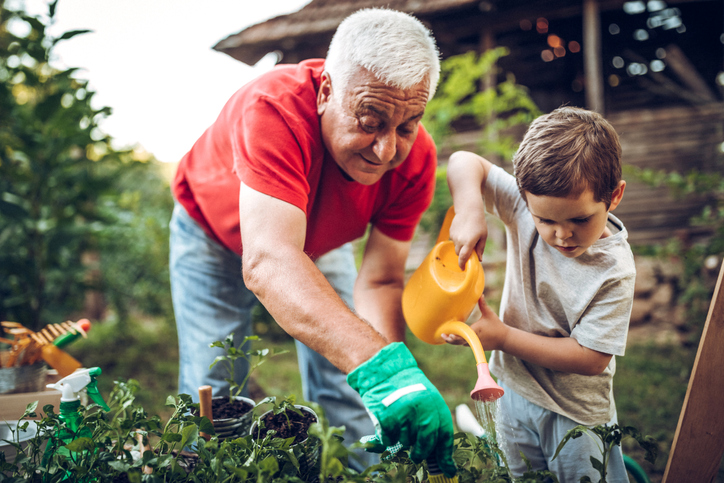Desktop review of behaviour change campaigns

From making our water and wastewater services resilient to climate change to protecting our precious natural environment, the water sector faces some huge challenges. And although those within the sector are acutely aware of these issues, the general public remains largely unaware of the role it can play in helping to tackle these problems head on.
There have been effective campaigns over the last few years to change people’s habits around their water use, but there has been a lack of thorough and consistent evaluation of their impact in the short and longer-term. This desktop review of behaviour change identifies campaigns that have been effective and sets out some best principles to consider and highlights a number of potential opportunities for future campaigns. It crucially emphasises the need for research and evaluation to underpin all future campaigns so that we can build the evidence base and draw on these learnings.
A large part of our People and the Environment work involves helping people to make the connection between their water use and the water environment.
Key findings
- Innovative media and formats engage more people, for longer, and in ways that support them to change their behaviour. They include eye-catching events, absorbing games, and opportunities to try out behaviours.
- A wide range of organisations now communicate about the issues and can help to address challenges the water industry faces. For example, many of these organisations are listened to and trusted; they can frame communications in a way that is meaningful and important to their audience; and they often know how to influence them.
- Campaigns are starting to make more use of social influence, a potent motivator, for example by using word of mouth. There is also more focus on energy savings from using less hot water, topical at the moment, and this benefit seems to be explained more clearly than in the past, at least in some cases.
- Campaigns increasingly identify the sub-groups they need to target, either because their behaviours are problematic (eg young men as well as parents on wipes) or because they are open to change (eg teenage girls on sanitary products).
Examples of effective campaigns explored in the report
- Money Saving Expert’s promotion of free showerheads through Save Water Save Money, leading to 10,000 – 30,000 new registrations on their website.
- Denver Water’s ‘Use Only What You Need’ campaign in response to its lifting of drought restrictions in 2006. Total water use reduced by 21% within three months of the campaign.
- Water Conservancy Australia’s ‘Water Night’ in 2020 which aimed to raise people’s awareness of how often they used tap water. After the event participants said they touched their taps 10% less and also knowledge about water use was shown to improve for almost a quarter (23%) of participants.


